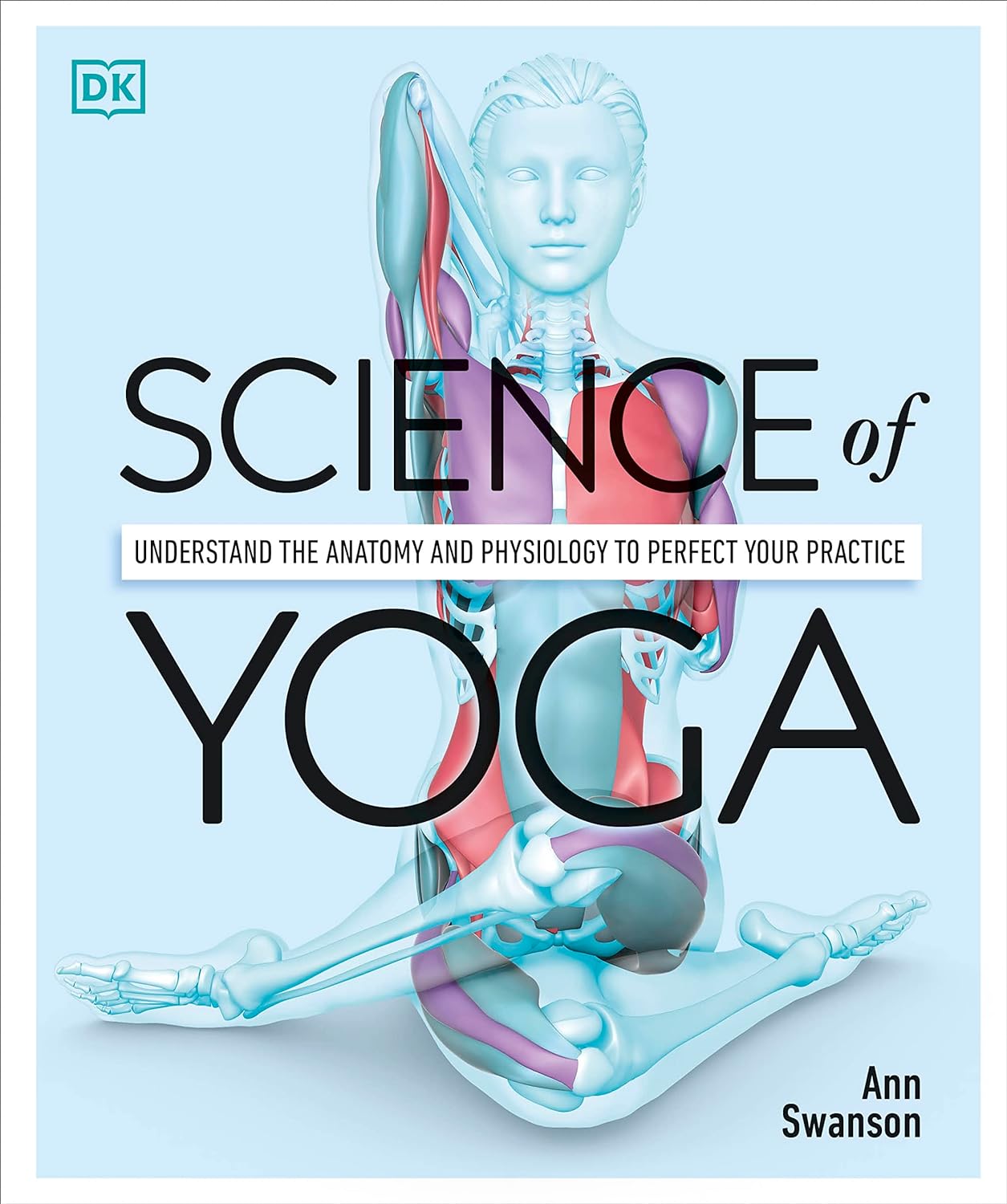Jnana Yoga: Intellectual Inquiry and Spirituality

Hey there, amazing readers! 🖐️ Just a quick note: yes, we know there are a lot of ads here. Trust us, we get it—it’s not the prettiest look, but they help us keep this blog alive and kicking. Those pesky little ads cover the costs of all the behind-the-scenes magic, from hosting and tech stuff to creating content we hope you’ll love.
We’re committed to delivering quality posts, and your support (even just sticking around despite the ads) means everything to us. So, bear with us, and thanks for helping us keep the good vibes rolling. Now, on to the fun stuff! 😉
TRANSLATE BUTTON AT THE END OF THE ARTICLE
Introduction to Jnana Yoga
Jnana Yoga is one of the ancient paths to spiritual realization in Hindu philosophy.
It is known as the path of knowledge or wisdom, focusing on intellectual inquiry and self-realization.
Jnana Yoga encourages seekers to question their existence, the nature of reality, and the ultimate truth of the universe.
By delving deep into philosophical concepts and engaging in introspection, practitioners aim to attain a deep understanding of the self and the interconnectedness of all things.
Origins and Principles of Jnana Yoga
Jnana Yoga finds its roots in the ancient scriptures of India, particularly the Upanishads, which are considered the philosophical texts of Hinduism.
The foundational principles of Jnana Yoga are based on the idea that true knowledge is not acquired externally but is inherent within each individual.
This path emphasizes the importance of discerning between the eternal and the transient, the real and the illusory, to achieve spiritual enlightenment.
The core principle of Jnana Yoga is to realize the true nature of the self, which is believed to be eternal, unchanging, and connected to the universal consciousness.
The Role of Intellectual Inquiry in Jnana Yoga
Intellectual inquiry is at the heart of Jnana Yoga, as practitioners are encouraged to question their beliefs, perceptions, and understanding of the world.
By engaging in deep introspection and contemplation, seekers aim to unravel the layers of conditioning and societal norms that cloud their true essence.
Intellectual inquiry involves analyzing philosophical concepts, meditating on existential questions, and challenging preconceived notions to arrive at a deeper understanding of the self and the universe.
Methods and Practices of Jnana Yoga
Practicing Jnana Yoga involves various methods and techniques to cultivate self-realization and spiritual wisdom.
Some common practices include:
Self-inquiry: Reflecting on the question "Who am I?" to delve into the nature of the self.
Contemplation: Meditating on philosophical teachings and concepts to gain deeper insights.
Study of scriptures: Reading and reflecting on sacred texts such as the Bhagavad Gita and the Upanishads to enhance spiritual knowledge.
Discourse: Engaging in philosophical discussions with teachers and fellow seekers to deepen understanding.
Exploring Self-Realization through Jnana Yoga
Self-realization is the ultimate goal of Jnana Yoga, where practitioners aim to transcend the limitations of the ego and experience the oneness of the self with the universe.
Through intellectual inquiry and introspection, seekers strive to realize their true nature as pure consciousness beyond the physical body and mind.
Self-realization brings a profound sense of inner peace, clarity, and spiritual fulfillment, leading to a deeper connection with the divine essence of existence.
The Importance of Discrimination in Jnana Yoga
Discrimination, or Viveka, plays a crucial role in Jnana Yoga as it helps practitioners discern between the real and the unreal, the eternal and the temporary.
By cultivating discrimination, seekers learn to differentiate between the self (Atman) and the non-self (Anatman), leading to a deeper understanding of their true nature.
Discrimination allows practitioners to let go of attachments to the material world and identify with the eternal essence of the self, paving the way for spiritual liberation.
Studying Sacred Texts in Jnana Yoga
The study of sacred texts is an integral part of Jnana Yoga, as these scriptures contain profound teachings on the nature of reality, the self, and the ultimate truth.
Reading and reflecting on texts such as the Vedas, the Upanishads, and the Bhagavad Gita provide seekers with valuable insights and guidance on their spiritual journey.
Sacred texts serve as a source of inspiration and wisdom, offering profound truths that can help practitioners deepen their understanding of themselves and the universe.
Guru-disciple Relationship in Jnana Yoga
In Jnana Yoga, the relationship between a guru (spiritual teacher) and a disciple is highly revered and considered essential for spiritual growth.
The guru acts as a guide, imparting wisdom, and knowledge to the disciple, helping them navigate the complexities of the spiritual path.
The disciple, in turn, shows reverence, humility, and dedication to the guru, learning from their teachings and embodying the wisdom imparted.
The guru-disciple relationship is based on mutual respect, trust, and a shared commitment to spiritual evolution.
Challenges and Obstacles in Jnana Yoga
While Jnana Yoga offers profound insights and spiritual growth, practitioners may encounter challenges and obstacles along the way.
Some common challenges include:
Overemphasis on intellectual understanding without experiential realization.
Ego identification with spiritual knowledge leading to arrogance or pride.
Difficulty in letting go of attachments and conditioning that hinder self-realization.
Confusion or doubt arising from the complexity of philosophical concepts.
Benefits of Practicing Jnana Yoga
Practicing Jnana Yoga offers a wide range of benefits for spiritual seekers, including:
Deepening self-awareness and understanding of the self.
Cultivating clarity, wisdom, and discernment in decision-making.
Transcending limiting beliefs and conditioning to experience spiritual liberation.
Developing a profound sense of inner peace, contentment, and connection with the divine.
Enhancing intellectual capabilities and critical thinking skills through philosophical inquiry.
Combining Jnana Yoga with Other Paths
While Jnana Yoga is a path focused on intellectual inquiry and wisdom, it can be complemented by other paths of yoga such as Bhakti Yoga (the path of devotion), Karma Yoga (the path of selfless action), and Raja Yoga (the path of meditation).
By integrating practices from different paths, practitioners can cultivate a holistic approach to spiritual growth, balancing intellectual understanding with emotional devotion, selfless service, and meditative practices.
Combining paths allows seekers to access different aspects of their being and deepen their connection to the divine.
Conclusion: Embracing Wisdom through Jnana Yoga
In conclusion, Jnana Yoga offers a profound path to spiritual realization through intellectual inquiry, self-reflection, and discernment.
By delving deep into philosophical concepts, studying sacred texts, and cultivating discrimination, practitioners can unravel the layers of conditioning and ignorance that obscure their true nature.
Through self-realization and the pursuit of wisdom, seekers can experience a profound sense of inner peace, clarity, and connection with the universal consciousness.
Embracing the teachings of Jnana Yoga can lead to profound spiritual growth and a deeper understanding of the self and the universe.

The Enlightenment Journey is a remarkable collection of writings authored by a distinguished group of experts in the fields of spirituality, new age, and esoteric knowledge.
This anthology features a diverse assembly of well-experienced authors who bring their profound insights and credible perspectives to the forefront.
Each contributor possesses a wealth of knowledge and wisdom, making them authorities in their respective domains.
Together, they offer readers a transformative journey into the realms of spiritual growth, self-discovery, and esoteric enlightenment.
The Enlightenment Journey is a testament to the collective expertise of these luminaries, providing readers with a rich tapestry of ideas and information to illuminate their spiritual path.
Our Diverse Expertise 🌟
While our primary focus is on spirituality and esotericism, we are equally passionate about exploring a wide range of other topics and niches 🌍📚. Our experienced team is dedicated to delivering high-quality, informative content across various subjects ✨.
To ensure we provide the most accurate and valuable insights, we collaborate with trusted experts in their respective domains 🧑🏫👩🏫. This allows us to offer well-rounded perspectives and knowledge to our readers.
Our blog originally focused on spirituality and metaphysics, but we’ve since expanded to cover a wide range of niches. Don’t worry—we continue to publish a lot of articles on spirituality! Frequently visit our blog to explore our diverse content and stay tuned for more insightful reads.






